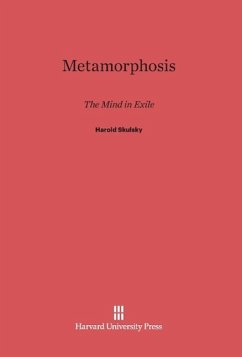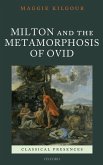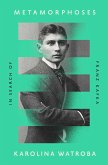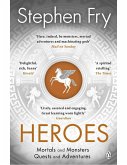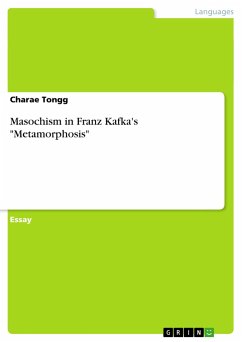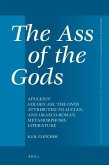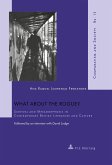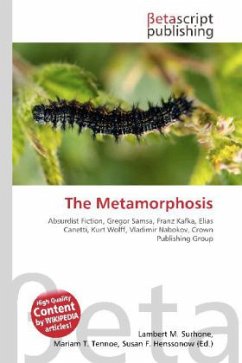Fusing the methods of comparative literature, intellectual history, and philosophical analysis, Harold Skulsky explores a motif that has fascinated storytellers since antiquity: the miraculous transformation of a character into a plant, an animal, or a different human being.
The thesis of the study is that the fantasy of metamorphosis challenges the narrator and his audience to confront certain basic anxieties about the human condition: Is the mind reducible to physical properties? What constitutes personhood? How does physical form affect personal identity and continuity of the self?
Testing instances in which these and related perplexities appear in literature, Skulsky systematically and provocatively interprets ten major illustrative texts drawn from diverse epochs and languages, including the works of Homer, Ovid, Apuleius, Marie de France, Dante, Donne, Spenser, Keats, Kafka, and Woolf. Through Skulsky's masterly analysis the victims of metamorphosis in narrative literature--whether werewolf, ass, beetle, swine, or tree--provide a profound insight into the complexities of human experience.
The thesis of the study is that the fantasy of metamorphosis challenges the narrator and his audience to confront certain basic anxieties about the human condition: Is the mind reducible to physical properties? What constitutes personhood? How does physical form affect personal identity and continuity of the self?
Testing instances in which these and related perplexities appear in literature, Skulsky systematically and provocatively interprets ten major illustrative texts drawn from diverse epochs and languages, including the works of Homer, Ovid, Apuleius, Marie de France, Dante, Donne, Spenser, Keats, Kafka, and Woolf. Through Skulsky's masterly analysis the victims of metamorphosis in narrative literature--whether werewolf, ass, beetle, swine, or tree--provide a profound insight into the complexities of human experience.

